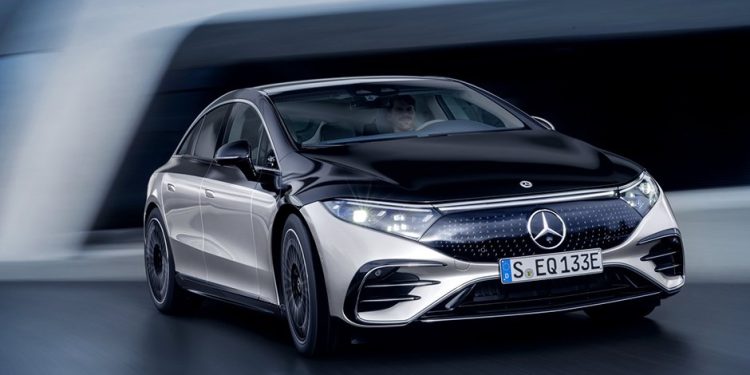Mercedes’ big EV plan: All cars to have electric version by 2025
Mercedes-Benz has become the latest brand to announce grand electrification plans, confirming overnight that it will produce an electric car in each segment it caters for by next year, and electric versions of every nameplate it offers by 2025.
The brand adds that it intends to go fully electric in most markets by 2030, leaving room for some markets (most likely China, if Audi’s EV announcement was anything to go by) to persevere with some internal combustion engine models.
“The EV shift is picking up speed – especially in the luxury segment, where Mercedes-Benz belongs. The tipping point is getting closer and we will be ready as markets switch to electric-only by the end of this decade,” said Ola Källenius, CEO of Daimler AG and Mercedes-Benz AG.
“Our main duty in this transformation is to convince customers to make the switch with compelling products. For Mercedes-Benz, the trailblazing EQS flagship is only the beginning of this new era.”
The move will see Mercedes-Benz invest US$47billion into electric development; a similar amount to what the likes of Ford and General Motors have pledged to spend. The announcement also included confirmation of a partnership with Shell.
This change revolves around three new specified platforms, which will all be introduced in 2025. These are the MB.EA for mid-size and large passenger cars, the AMG.EA for performance cars, and the VAN.EA for electric vans and light commercial vehicles (an X-Class return, anyone?).
By next year the brand will be producing eight different electric cars on three separate continents, including the EQS, the EQA (which just landed in New Zealand), and the electric version of the E-Class, which is said to debut in September.





